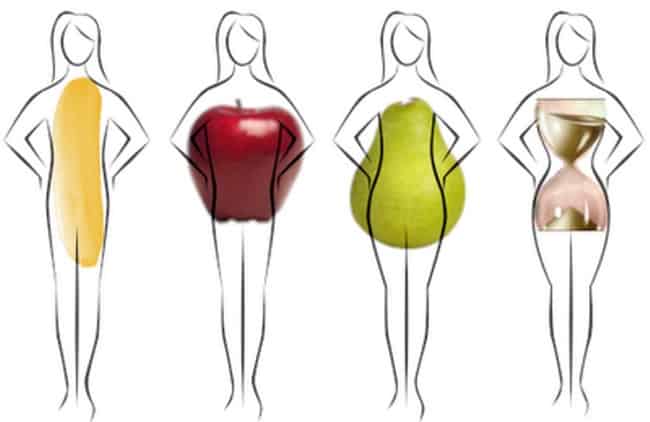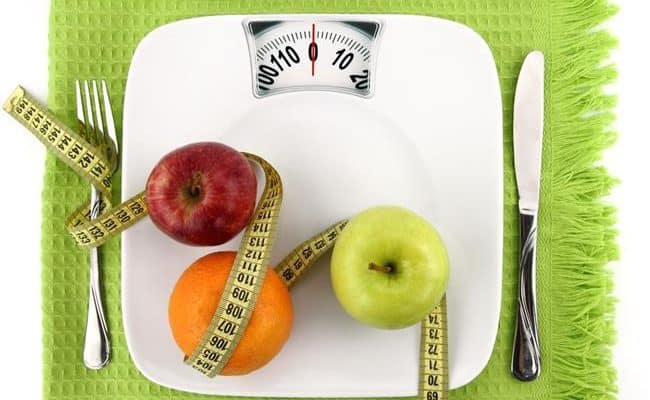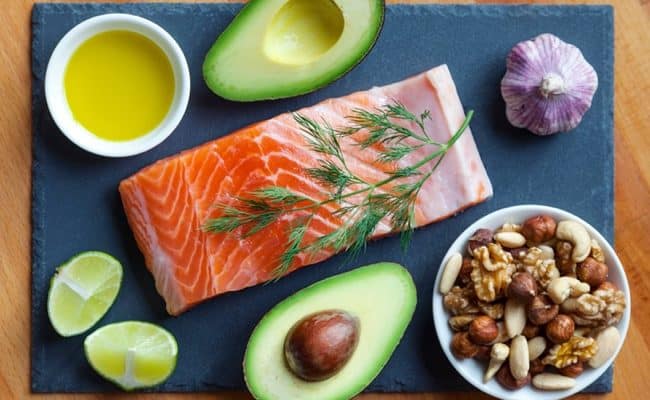
The area of nutritional genomics looks at how an individual’s genetics play a role in diet and health. This relatively new area of research may help determine individualized diet planning for people in the future. Some people may do better on a lower carbohydrate diet, some may do better on a vegetarian diet. For now, nutritional advice based on genetics is still new. Some companies offer nutritional genetic testing but it is costly.
Before nutritional genomics is further understood, there are some tips for practically choosing the best diet type for your body.
While there is much individual variance based on personal medical history, some general diet tips can be applied for your body type.
Don’t confuse this with choosing the best diet for your blood type, as there is no research backing up that approach.
The bottom line for eating right for your body is also what you are going to commit long term to.
So much of “dieting” is following a fad diet for a few weeks than going to the other eating extreme.
Blood type
Choosing the best diet for your blood type is primarily based on the book from P.J. D’Adamo. The thought is foods can react with your blood type, and if you eat the right foods for your blood type digestion will be better.
For example, people with type O blood are recommended to eat a higher protein diet while people with type A blood are recommended to eat more of a vegetarian based diet.
As WebMD (1) suggests, there is no scientific validity for the rationalization of this diet approach. Some people lose weight with choosing diet based on blood type because they are just following a healthier way of eating that most people can benefit from.
A 2014 study (2) that had looked at food intake from more than 1,400 people concluded that adhering to a specific blood type diet was not tied to health improvements based on people’s blood type.
People following the type A approach to eating generally had lower BMIs, but that was for true for people with all blood types.
Pear shape
People with a pear shape body tend to store excess fat around the lower body hips, thighs and buttocks.
This weight pattern is usually more common in women. People with this body type often claim no matter what they eat, weight gain goes in this area.
The good news for this body type is fat stored in the lower body tends to be less of a health concern.
Some websites claim people, especially women, with a pear shaped body should have a lower fat intake to help lower risk for weight gain. Focusing more on lean proteins and higher fiber, complex carbohydrates should be the focus.
Choosing this type of eating could be beneficial, but more scientific support from research is needed.
What can also help for this body type is proper exercise. Resistance exercise can help add muscle to upper body and keep the lower body toned.
Apple shape
People with an apple shape tend to store excess weight in their midsection. Men and post-menopausal women are more likely to have this body shape.
The concern for this body type is fat around the midsection can increase risk for cardiovascular disease and other chronic health problems.
People with this body type may tend to have higher insulin levels and/or be at risk for higher blood sugar levels. Because of this, following steps to keep blood sugar levels low could especially be advantageous.
Cutting out added sugars and lowering carbohydrate intake may be beneficial for this body type.
As with any body type, exercise is important. Aerobic exercise may help with weight loss and sensitizing the body to insulin levels if need be.
Individual variance
Some people may be a mix of an apple or pear type body or not fit either category. Other genetic predispositions can also have a role in determining what diet type would be truly best for your body.
There is still much to be learned before individually prescribing diets for people based on genetics.
Exercise guidelines are also set in place for general recommendations to get a variety of aerobic and strength exercises.
However, depending on age and medical history, specific exercise guidelines can be specified from an exercise specialist.
See Also: What is the best exercise for your body type?
What can apply to everyone?
However, there can be some common nutritional tips anyone can benefit from no matter their body type.
Cutting out extra sugar and empty calories from the diet can be helpful for all body types. Unless noted by your medical team, eating an abundance and variety of fruits and vegetables is also recommended for diet.
Drinking adequate fluids and eating enough fiber is important as well as getting the recommended intake of vitamins and minerals every day, preferably from food sources if possible.
If you don’t know where to start eating for your body type, start with these tips that can apply to everyone.
Conclusion: choosing the best diet for your body
Should you go more Mediterranean, vegetarian, Paleo, etc.? Research suggests people can lose weight with many varying diet methods.
The bottom line is what are you going to stick with and what pattern will focus you on eating an abundance of fresh, healthy food?
Nutritional genomics is still deciphering the language of diet prescription based on people’s genetics. There are some general diet guidelines based on if you have an apple or pear shaped body, but there are also common sense nutritional guidelines everyone can benefit from.
Be aware the idea of eating for a certain blood type has not been validated from research.
Switching to eating healthier and cutting out empty calorie foods can be advantageous for anyone, independent of their blood type.











